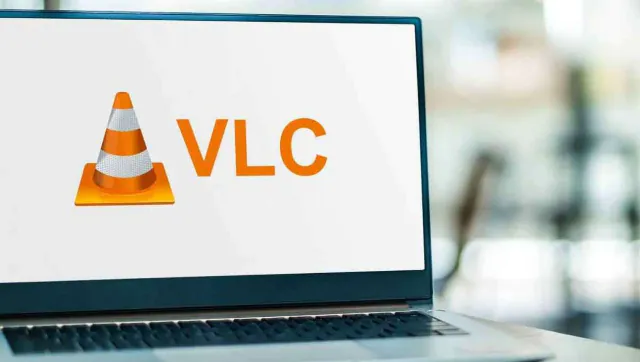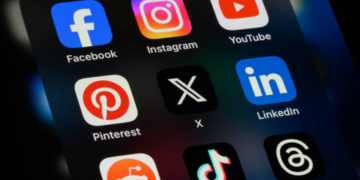Mehul Reuben DasOct 05, 2022 09:22:10 IST
VideoLAN, the non-profit organisation that maintains and distributes the open-sourced media player VLC, has sent a legal notice to the Indian Department of Telecommunications and the Indian Ministry of Electronics and Information Technology over their order to block its URL and from prohibiting users from downloading the application.
VLC argues that Indian authorities did not notify the software developer before banning its website and did not afford it a chance for an explanation. | Image Credit: VideoLAN
VideoLAN alleges that the Indian regulatory bodies failed to notify the software developer before banning its website and did not afford it a chance for an explanation. Indian telecom operators have been blocking VideoLAN’s website, where it lists links to downloading VLC, since February this year.
“Most major ISPs in India are blocking the site, with diverse techniques,” said VideoLAN president and lead developer Jean-Baptiste Kempfs. The telecom operators began blocking the VideoLan website on February 13 of this year, when the site saw a drop of 80% in traffic from the South Asian market, he added.
VideoLAN has sought the assistance of a local advocacy group called Internet Freedom Foundation and is using every legal means available to them to get answers and a chance for redressal. In the notice that they have sent to the Ministry and DoT, they are seeking a copy of the blocking order for banning the VideoLAN website in India and an opportunity to defend their case.
VideoLAN argues that the way Indian ministries have enforced the ban on the website, they violate their own local laws. The letter adds:
As per Rule 8 of the Information Technology (Procedure and Safeguards for Blocking for Access of Information by Public) Rules, 2009 (‘Blocking Rules’) and the ruling of the Supreme Court in Shreya Singhal v. Union of India (2015) 5 SCC 1, government officers responsible for issuing a blocking order are required to: (i) make all reasonable efforts to identify the originator or intermediary hosting the information to be blocked, (ii) issue a notice to such person, (iii) provide a hearing to such person before the concerned authority, and (iv) provide a copy of a reasoned blocking order to the person concerned prior to the hearing. Despite this, the URL, which allows users to download VLC was blocked by the DoT without any prior notice, or an opportunity of hearing to VideoLAN.
“The banning of VideoLAN’s URL is shocking because the Government of India itself endorses the use of VLC as a part of its Digital India initiative, where it has expressed its intention to use open-source softwares for government applications,” IFF said in a summary of the notice.
As per Rule 8 of the IT Rules 2009 (Blocking Rules) and a Supreme Court ruling, government officers issuing blocking orders have to issue notice to such a person and also provide a hearing before the concerned authority.
In April this year, cybersecurity experts claimed that a hacker group based out of China named Cicada were using VLC Media Player to deliver malware to systems as part of a cyberattack campaign backed by the Chinese government. These hackers mainly targeted users who were downloading their files from the Videolan.org website.
Researchers at Symantec, an arm of American semiconductor manufacturing company Broadcom, discovered that after getting access to the target PC, the attacker used the popular VLC Media Player to install a modified loader on compromised devices.
It is likely that the platform was banned along with the 54 Chinese apps that the Indian government banned in February this year. However, VLC is not a China-based software, but is backed and developed by a French group.
“By blocking the website, India is pushing its citizens to shady websites that are hosting hacked versions of VLC. So they are endangering their own citizens with this ban,” Kempf said earlier.
In the legal notice, VideoLAN warns that failure to comply with its request will compel the open source firm to initiate legal proceedings. “Any such proceedings, if initiated, shall be solely at your risk, cost, and for breach of your own rules,” the notice adds.
Source by www.firstpost.com






























